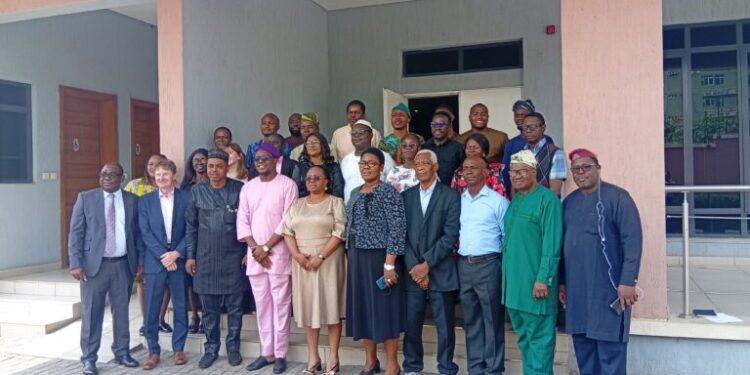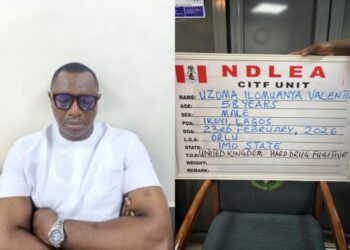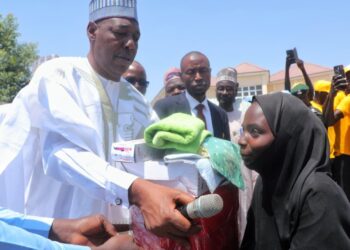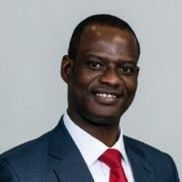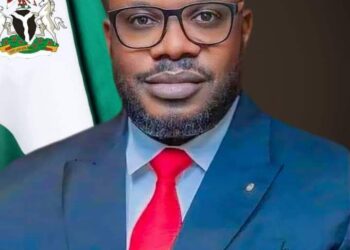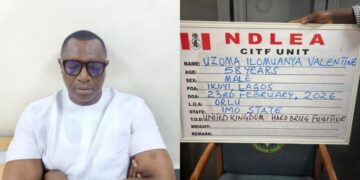A consortium of Researchers from Cardiff University, University of Ibadan, University of Lagos, British Geological Survey and Aberdeen University have urged the Lagos State Government to consider engineered approaches to manage aquifer recharge, saline intrusion for a robust groundwater management system.
They made the recommendations at a Stakeholders Engagement on Lagos Groundwater Demonstrator Project held in Ikeja, Lagos, on Friday.
The project is a research of the University of Ibadan, University of Lagos, British Geology Survey , University of Aberdeen and Cardiff University, UK.
Dr Adrian Healy from Cardiff University, Wales, called for the development of a robust groundwater management strategy that could map groundwater productivity and vulnerability.
He urged government to monitor groundwater status and develop source protection strategies for abstraction.
According to him, the state should in the medium-term, implement a managed transition that reduces reliance of households on their own groundwater supplies through investment in a reliable, trusted and effective public pipe water supply infrastructure.
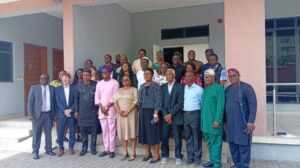
“We believe that Lagos should initiate a ‘Big Conversation’ to enhance visibility and sustainability of the groundwater resource on which it relies.
“This should mobilise all actors, including households, to encourage users to know, love and protect Lagos Groundwater,” he said.
Healy also urged involvement of communities in groundwater sanitation issues to realise the United Nations Sustainable Development Goals on ensuring access to clean and safe water.
In a Paper titled: “Long-Term Groundwater Monitoring In Lagos”, James Akanmu, a Prof. of Water Resources And Environmental Engineering, University of Lagos, listed inadequate data, policy governance gaps and environmental concerns as some of the challenges of groundwater management in Lagos state.
According to him, there is need for more political and social support for standard including groundwater level monitoring.
Prof. Akinade Olatunji from the Department of Geology, University of Ibadan, Oyo State, emphasised on data for groundwater management.
Olatunji noted that data was key to ascertaining informed decision and to enlighten the public as per what the groundwater situation of the environment is.
“For example, data will help to know if the water in a particular area is good for consumption or not.
He advised that government should put in place a monitoring system to identify borehole points so as to take original data either on a monthly or quarterly basis.
“Also, monitoring agencies work should be premeditated on original data, not on speculations.
“Data such as surface water level, PH, salinity of this water and variation in the water quality are some of the data that must be taken,” he said.
Olatunji advised that government should have a collection of monitoring boreholes where they are able to collect this data, put them in a central database to make informed decision making.
Mrs Funke Adepoju, the Executive Secretary, Lagos State Water Regulatory Corporation, noted that groundwater faces numerous challenges from over-abstraction to pollution, to climate change impacts (drought).
According to her, collaborative efforts remain crucial to showcasing innovative solutions but also highlight the importance of working together.
She, therefore, called on government agencies, NGOs, academic institutions,the private sector and foreign partners to tackle the challenges surrounding groundwater sustainability.
Similarly, Dr Waliu Adeolu, President, Nigerian Association for Engineering Geology and the Environment, urged stakeholders to strengthen data collection and sharing through the establishment of a centralised database for groundwater monitoring data to improve accessibility and transparency.
“Enhance Regulatory Frameworks and thereby develop and enforce regulations to ensure responsible groundwater extraction and protect vulnerable aquifers.
“Educate the public on the importance of groundwater conservation and the need for sustainable water practices.
“By working together, we can safeguard Lagos groundwater resources for future generations and ensure the continued growth and prosperity of this vibrant city,” he said. (NAN/vitalnewsngr.com)


